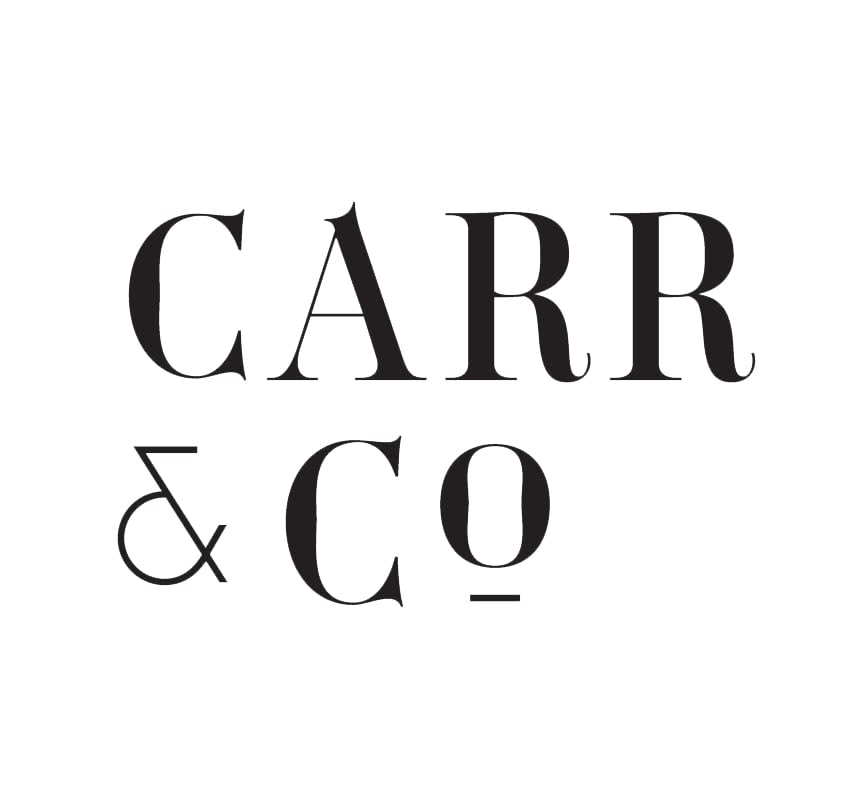
-
Address
216 E. Lancaster Avenue Wayne, PA 19087 -
Carr & Co Real Estate Team
O: 610.947.0408
Homeowners insurance is a form of property insurance that covers losses and damages to an individual's house and assets in the home. It is made up of coverages that may help pay to repair or replace your home and belongings if they are damaged by certain perils, such as fire or theft. The homeowners policy usually covers interior damage, exterior damage, loss or damage of personal assets, and injury that arises while on the property. It may also help cover costs if you accidentally damage another person's property or if a visitor is injured at your home.
If you have a mortgage, you are required by the lending company to carry homeowners insurance on your home. The bank wants to make sure their asset is in great shape, in case they need to sell it! So much so, that in fact, they require you to pay a couple of months of insurance in advance (in an escrow account.) if you do not choose the insurance company, then the mortgage company will put on insurance for you, usually at the highest cost. Even if you don't have a mortgage, having homeowners insurance covers the costs of replacing your home, as well as other liabilities, medical or otherwise, that can occur on your property.
The costs of homeowners insurance depend on a number of factors, including the coverages you select, features of your home and the value of your personal belongings. There may also be extra costs for additional coverage or increased coverage limits.
Homeowners insurance typically cover:
COVERAGE LIMITS AND DEDUCTIBLES
Keep in mind that each coverage in a homeowners insurance policy is subject to a limit — the maximum amount your policy would pay toward a covered loss. You may be able to adjust your coverage limits to your needs — taking into account, for example, the value of your home and belongings and how much it may cost to repair or replace them if they are damaged or destroyed by a covered risk.
In most cases, you will typically have to pay your deductible before your insurance benefits kick in to help cover a loss.. You can typically adjust them to fit your needs. Less monthly payment, higher deductible. Higher monthly payment, less deductible.
It's important to know that not all natural disasters are covered by homeowners insurance. For example, damage caused by earthquakes and floods are not typically covered by homeowners insurance. If you live in a flood zone, (ask your realtor to check!), you can purchase an additional insurance policy to help protect your home and belongings in the case of a flood. Both flood insurance and earthquake insurance are both separate types of policies, which may be desirable depending on where you live.
Maintenance-related problems are the homeowners' responsibility. There are niche products on the market that may be available to protect against appliance wear and tear. These are called Home Warranties. Stay tuned for our next blog about “What is a Home Warranty and Should I get one?”
We hope this helps give a simplified overview of the often-confusing topic of Homeowners Insurance. Our advice is always to check with the experts! You can call your current auto insurance company to see what discount rates you can get when you “bundle” these coverages together. Sometimes, your auto insurance rates could go down when combined with homeowners insurance. If you don’t have a favorite insurance company, or want to shop around for the best rates, we highly recommend Comparion Insurance Agency. Homeowners Insurance expert, Tim DiBella can give you different options by shopping a multitude of home insurance companies at the same time. I have found from my clients' experience with him, that he usually finds the most affordable home insurance quickly with the least amount of hassle.
His information is below:
Tim DiBella
Phone: (267) 792-5194
Email: timothy.dibella@
comparioninsurance.com Website: libertymutual.com/timothy-
dibella
For other questions about the various steps in the home buying process, please consult your real estate experts at Carr&Co....we are happy to help guide you!